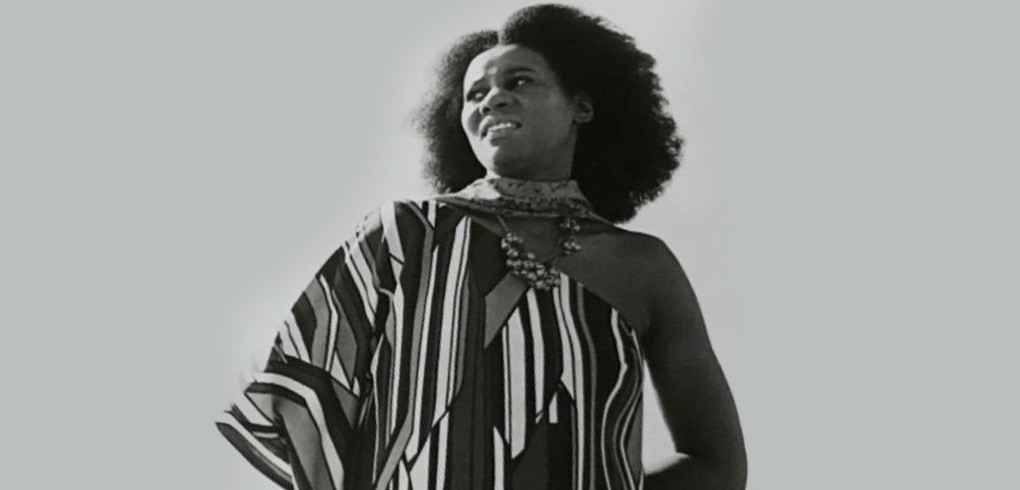Excerpt from Jenn Pelly’s review of Kirtan: Turiya Sings published on Pitchfork Media:
In 1981, Alice Coltrane sang on record for the first time, at the behest of God. Having lived many musical lives—church organist, bebop pianist, cosmic jazz visionary, intrepid experimental composer—she was by then serving as spiritual director for her interfaith Vedantic Center in Southern California, seeking new modes of transcendence. It would be a couple of years before Coltrane opened her Sai Anantam Ashram in Agoura Hills, but already she was deep into a personal journey in consciousness.
Turiya Sings was the first album she made alone. Having left the commercial music industry behind, she released these uncanny compositions based on Hindu devotionals, or bhajans, on cassette through her Vedantic Center’s publishing imprint, Avatar Book Institute. Luxuriating in every prayerful syllable, naming deities like Krishna and Ramachandra, Coltrane made a small number of the tapes available to her students and Vedantic Center visitors. Though she used relatively spare components—the subtitle of the original album cover read, “Devotional Songs in Original Composition with Organ, Strings and Synthesizer”—they contain an unusual, self-contained grandeur. In the aching shimmer of these hymns, which evoke both South Indian classical music and the Black church, you can hear Coltrane’s life coursing through: her journey from gospel accompanist to jazz prodigy, the drama of the European classical music she loved, the soulful melodies of her Detroit youth, grief and exaltation. Yet the power of this music is elemental. The tone of the original Turiya Sings is as certain and spectral as anything associated with the Coltrane name. Her voice hovers distantly above the mix as if she’s floating, or astral projecting—which she wrote about extensively in Monument Eternal—like a woman actively inhabiting a higher dimension. The recordings of Coltrane’s ashram period have taken on a mythical status in her catalog over the past decade, particularly Turiya Sings, which has circulated online and on bootleg cassettes, never officially re-released. On a more technical level, according to a label representative, the original Turiya Sings remains formally unreleased because the Coltrane family has never found its master synthesizer recordings. What Coltrane’s son Ravi did find—around the time of his mother’s final album, 2004’s miraculous Translinear Light—were 1981 recordings she made of Turiya Sings featuring only her voice and Wurlitzer electric organ, an instrument that she once said came to her in a divine vision.
